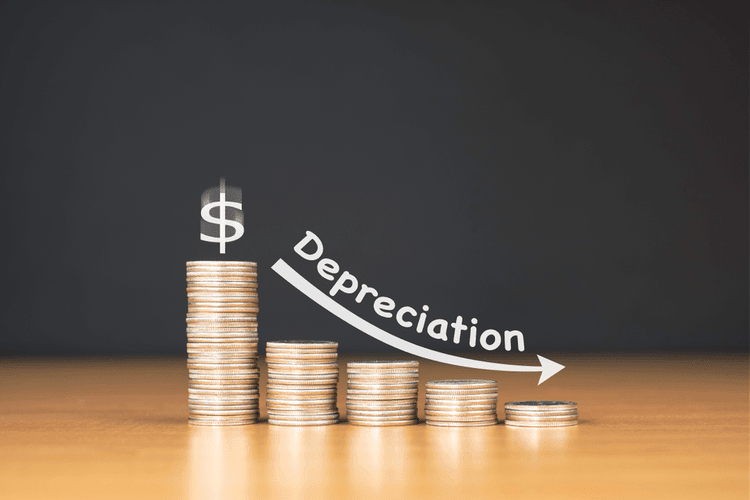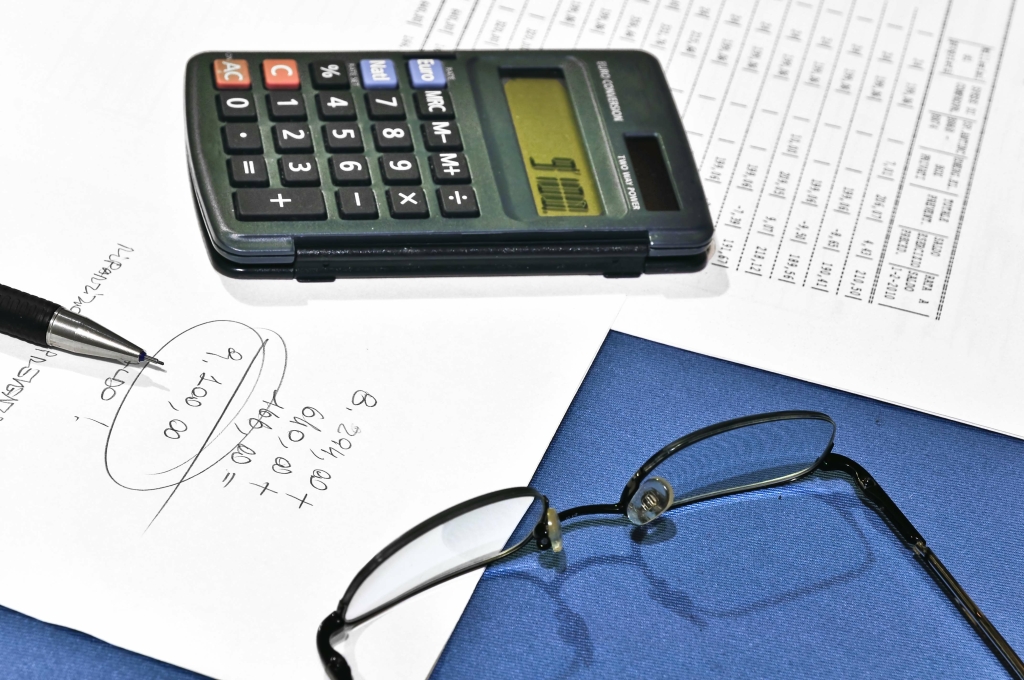
The process of handling trade-ins and valuations requires a blend of market knowledge, appraisal skills, and customer relations. When a customer brings in a vehicle for trade-in, the dealership must first conduct a thorough appraisal to determine its current market value. This involves inspecting the vehicle’s condition, mileage, and service history, as well as considering external factors such as market demand and seasonal trends. Your dealership can enhance financial health and achieve sustainable growth by utilizing detailed financial insights and adapting to regulatory changes. These include sales tax on vehicle transactions, payroll taxes for employees, and property taxes on dealership real estate.

What Strategies Can Increase Revenue for Dealerships?
Managing depreciation accurately can also help in calculating the true cost of assets. Effective inventory management contributes to maintaining a balanced parts inventory and avoiding overstocking or understocking, which can impact profit margins. Inventory valuation in auto dealerships impacts both the balance sheet and income statement, influencing profitability and tax liabilities.
- Internal controls encompass a range of policies and procedures designed to prevent fraud, detect errors, and promote operational efficiency.
- Dealerships must balance having enough inventory to meet customer demand without overstocking, which can tie up capital and increase storage expenses.
- Regular financial reviews and audits help dealership owners stay ahead of the curve, maintain financial integrity, and foster a culture of accountability within the organization.
- This proactive approach minimizes the risk of overstocking or understocking, ensuring that the dealership can meet customer needs without tying up too much capital in unsold inventory.
- This is a very big deal in a car dealership, since it usually employs a lot of people.
How Can You Streamline Accounting for Automobile Dealerships and Enhance Accounting Processes for Car Dealerships?
⇒ Dealerships can reduce administrative costs further by using more technology in the consolidation process. ⇒ Failure to routinely verify bank statements, which can lead to overlooked transactions. Effective tax planning is integral for minimizing tax liabilities and optimizing cash flow. By planning car dealership accounting ahead, you can take advantage of tax-saving opportunities and avoid last-minute scrambles. Transparent communication about how the valuation was determined can build trust and facilitate smoother negotiations. Sales staff should be trained to explain the appraisal process clearly, highlighting the factors that influenced the final offer.

Benefits of Specialized Accounting Software
Structured as a revolving line of credit, dealerships pay interest only on the outstanding balance, which fluctuates based on inventory Partnership Accounting turnover. While both methods have their merits, accrual accounting is generally considered more suitable for dealerships. It enables better decision-making by providing a comprehensive view of the dealership’s financial health, including outstanding receivables, payables, and inventory value. The days’ supply of inventory is also a critical measure, reflecting how long it takes to sell the current inventory. A lower days’ supply indicates efficient inventory turnover, which is essential for maintaining liquidity and reducing holding costs.
Areas of Dealership Performance You Can Always Improve
It’s crucial to maintain financial health and operational efficiency for a business to be streamlined with every process. Similarly, streamlining accounting processes can significantly enhance profitability and reduce errors, giving dealership owners clear insights into their financial status. Accurate bookkeeping and accounting maintain the financial integrity of auto dealerships.

Electronic document management systems can help with the creation, storage and management of electronic files for dealerships, while saving the time it would take to edit the documents manually. Dealerships deal with industry-specific taxes, including sales, payroll, and inventory taxes. Utilizing tax professionals familiar with the dealership industry can offer crucial guidance and assure regulatory adherence. When car dealerships grow, it typically leads to more dealerships and more complicated accounting based on a choice between centralized, noncentralized, or hybrid accounting systems. Centralizing the accounting for all the dealerships under one roof provides specific benefits.
- Optimize your auto dealership’s financial efficiency with expert accounting strategies tailored for the automotive industry.
- Dealerships must carefully track inventory levels, value inventory accurately, and employ appropriate costing methods to determine the cost of goods sold.
- Asking these questions will help you understand where your accounting processes may be falling short and where there is room for improvement.
- Internal controls and compliance are essential for safeguarding the dealership’s assets and ensuring the accuracy of financial reporting.
- And if you have an in-house paint and body shop, then that will need a profit center too.
Want to Talk Auto Finance?
Dealerships should consider daily reconciliations instead of waiting until the end of the month to reconcile their bank accounts. Daily reconciliations can create positive benefits for your dealership, such as, catching contracts in transit that have been cashed but not recorded and speeding up monthly closings. Dealerships can determine if purchasing software that reads bank records every day, matches outstanding checks that have cleared automatically and updates the payables check files are worth it or not. One thing is for certain, without regular reconciliation reviews, errors and fraud can go undetected and poor management decisions can be made on faulty data. The assets = liabilities + equity biggest accounting issue for a car dealership is the need for profit centers. The chart of accounts needs to be structured so that you can track profitability for new car sales, and used car sales, and for servicing, and the parts counter.
